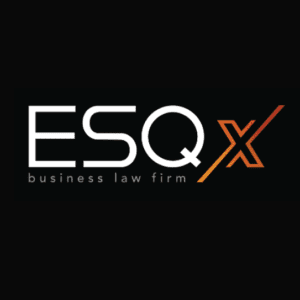Many businesses require a license to operate legally. The need to obtain a license places a tremendous responsibility on the business owner, because it holds the business owner accountable for complying with specific laws and regulations related to that specific business type. Compliance is essential for the longevity and legality of any business. However, licensing can be complex, as some licenses require you to pass an exam or meet certain criteria to operate legally. Additionally, licensing requirements vary from state to state, so proper research and planning is required to ensure compliance. This research may be completed with an experienced attorney.
Licensing Requirements
Depending on the jurisdiction, licensing requirements are issued either by state or local authorities. Statewide licenses typically cover all work performed statewide; however, any city or county where the business operates may require local permits, too. That’s why it’s important to research professional licensing, business licensing, and tax registration requirements to make sure your business meets these requirements. Food and beverage, healthcare and commerce are particularly intense with licensing requirements because the state has a compelling interest in ensuring the health, safety, and overall welfare of its citizens. The license functions as the jurisdiction’s stamp of approval on your business activity and allows customers to patronize your business with confidence.
For example, if you’re interested in operating a transportation business in the Commonwealth of Pennsylvania, you must obtain a Certificate of Public Convenience through the Pennsylvania Utility Commission. In your application, you must clearly set forth that you are operating in a safe, legal, and compliant manner. You will need to produce insurance documentation, your operating agreement, an employee safety policy, and a host of other evidentiary elements to prove your case. This process is complex, demanding, and often subject to challenge by other competitors in the marketplace who may try to formally oppose your certificate, claiming that you should not be permitted to operate for a variety of reasons. This is a common tactic used to keep newcomers out of the marketplace, and will almost certainly require an attorney.
Maintaining Compliance
It is important to consider the ongoing license responsibilities after receiving your license. Many licenses require an ongoing commitment to reporting and compliance. Moreover, many licenses require regular facility inspections or ongoing training or certification renewals. You can incorporate these elements into your business plan to avoid forgetting them in the future.
Avoiding fines and penalties requires implementing a plan to determine how your business will comply with ever-changing laws and regulations. At a minimum, your compliance strategy should keep records of licenses purchased, information about licensors, copies of documents and renewal periods. A robust operational policy can be designed by an attorney who has experience in helping small businesses.
Don’t go it alone. Hire an ESQx business attorney to help you get the license you need.






